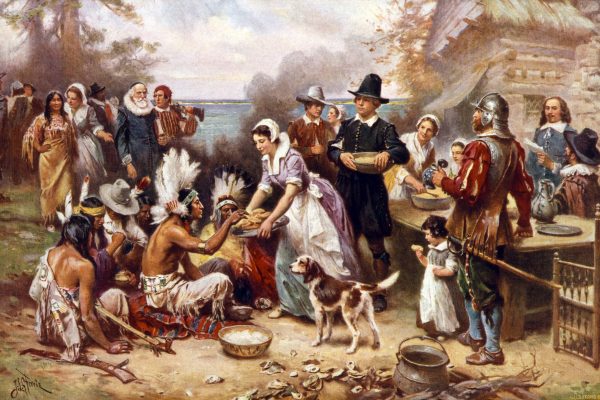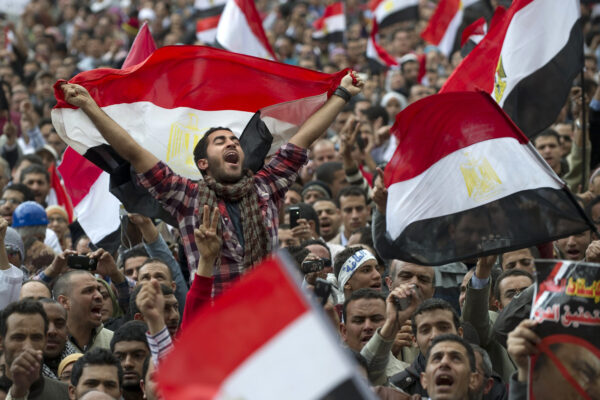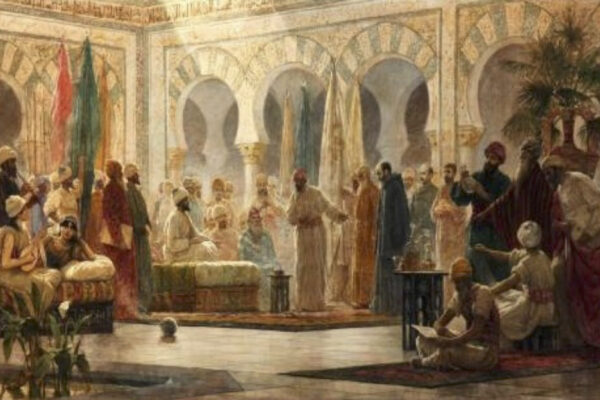The following is an excerpt from “Islam in America”, a research essay on early Islam in early America, which I wrote. A central part of the essay was the impact of African Muslim slaves in early America. Not only African American Muslims slaves but, African Muslim scholars. Although the term “African American” is usually placed on Blacks born America, I find this definition simplistic. The first Africans who encountered White Supremacy at the hands of Americans deserve the title of African American also. Therefore, African American is not a birthright but, a situation. And in light of Black History Month the history of this situation should be shared.
————————————————-
One of these slaves by the name of Ibrahima Abd-Al Rahman was sold to the British and bought by a Colonel in Mississippi in 1788 . Rahman received a traditional Muslim education in his home city of Timbuktu. Not only was he educated in Islamic jurisprudence, but also spoke three languages.
Rahman managed his masters plantation for thirteen years, and even married a Christian woman. By chance Rahman would meet Dr. Cox, a White traveler his father had saved, when he became lost in Timbuktu, in the 1780s. Dr. Cox would try to buy the freedom of Rahman and his family, but would fail. As a result of this Rahman became a celebrity. Rahman would be interviewed in the local Mississippi newspaper in the 1820’s and even wrote a verse of Qur’an he memorized for the interview.
This interview and Qur’anic writing found it’s way throughout the United States and eventually into the hands of Sultan Abd Al-Rahman II of Morocco. Rahman II offered to pay for the freedom of Rahman and seemingly this was a softening of relations between America and the Barbary State of Morocco. Although, Rahman II payed for the freedom of Rahman, he was not allowed to remain in America, of his freedom contract. His only option was to take the offer presented to him by the American Colonization Society and have a free ticket to Liberia in return of spreading the Gospels and promote American Trade. A rather unethical deal to present to Rahman, but one that he accepted. Rahman and his wife on their journey to Liberia would tour the Northeast of America and when asked to prove his Arabic literacy would write the Christian “Lord’s Prayer” in Arabic. Rahman was actually writing the opening verse of The Qur’an, “Al-Fatiha” and presenting it as a Christian prayer. Upon seeing the shores of Liberia, Rahman publicly began his Islamic prayers.
Omar ibn Said is another West African Muslim who found himself caught in the Transatlantic Slave Trade. Said was born in 1770 and a native of the Futo Turo region between the Senegal and Gambia rivers. Like Ibrahima Rahman, Said was a Muslim scholar. Said was enslaved in Charleston, South Carolina and managed to escape to Fayetteville, North Carolina. In Fayetteville, Said was captured and jailed where he wrote Arabic script on the jailhouse walls. Said would be purchased by General James Owen of Bladen County, only to be transferred to the estate of his brother Governor John Owen.
Said, openly admitted to converting to Christianity, and was even gifted an Arabic Bible by Francis Scott Key in 1822. Also to note Key was a member of the American Colonization Society, the same group that paid for Ibrahimia Rahman’s return to Africa. Said was also baptized into the Presbyterian Church ten years before he would write his biography. Although, Said claims to have converted to Christianity, many scholars who have reviewed his work question the sincerity of his conversion for many reasons.
By examining Said’s autobiography, which is written in Arabic, many clues suggest that he still clung on to Islam. Also through his writings Said reveals how he, a Muslim slave views Christians. Omar begins his autobiography by writing, from memory, The Sovereign, or as Said worte Surah Mulk. It is interesting that Said chose The Sovereign as his opening for his biography and not a Bible verse. What makes The Sovereign significant is also it’s message. The second verse says “he who created life and death to test you as to which is best in deeds, And He is the Exalted in might and most Forgiving”.
The chapter goes on to describe punishment from those who disbelieve and the reward for those who do believe. What is interesting is who Omar labels an unbeliever or kuffar. Omar’s first owner, Johnson is labeled an unbeliever and someone “who did not fear Allah at all”. Omar describes Johnson as a weak and evil man who would force him to do hard labour. Said then describes his two masters, The Owens, as Christians, or nasrani in Arabic. Omar uses the word “unbeliever” not to describe someones religious affiliation, but their behavior and actions.
Said describes The Owens as good people who feed him what they themselves eat. He even gives The Owens a Qur’anic like introduction by saying, “O people of North Carolina, O, people of South Carolina, O, people of America, all of you: are there among you men as good and John and Jim Owen?”. Said labels the children of The Owens as a good generation. Ten years after Said’s conversation he is still using Islamic phrases such as “O, people”.
Omar ibn Said and Ibrahima Rahman Souri are individual examples of Muslims in slavery, but there was also communal Islamic practice in America during slavery as well. 15-20 percent of the Africans captured in the Transatlantic Slave Trade were Muslims. This percentage of people found themselves scattered in different areas including the Sea Island off the coast of Georgia. This island was worked by a mixture of Muslim and non-Muslim slaves and was too hot for the White slave owners to live year round. The Muslims were open to practice aspects of Islam including, sadaqa, or optional charity. The Muslims would, give rice cakes to those who did not have enough food. On Fridays, the Muslim congregational day, the rice cake output doubled. Muslim slaves still found a way to give charity and practice their faith. The isolation of The Sea Islands helped preserve this Islamic tradition within America.





